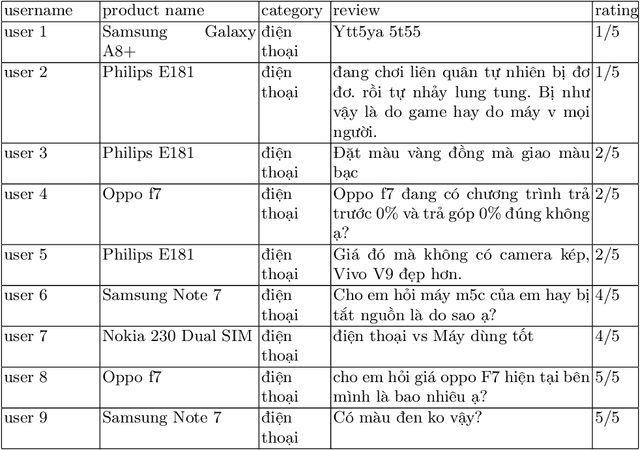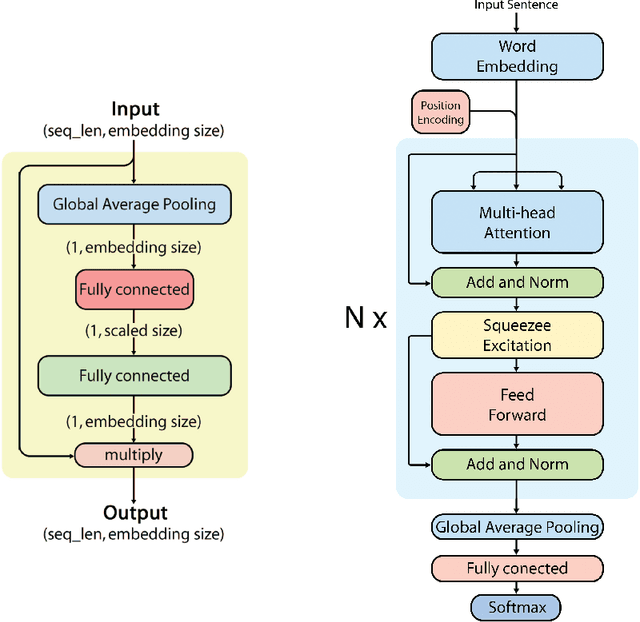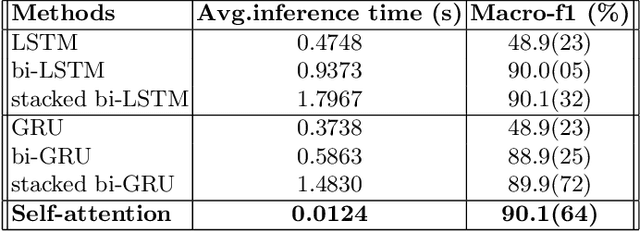Linh V. Nguyen
Regularization of Inverse Problems by Neural Networks
Jun 06, 2020

Abstract:Inverse problems arise in a variety of imaging applications including computed tomography, non-destructive testing, and remote sensing. The characteristic features of inverse problems are the non-uniqueness and instability of their solutions. Therefore, any reasonable solution method requires the use of regularization tools that select specific solutions and at the same time stabilize the inversion process. Recently, data-driven methods using deep learning techniques and neural networks demonstrated to significantly outperform classical solution methods for inverse problems. In this chapter, we give an overview of inverse problems and demonstrate the necessity of regularization concepts for their solution. We show that neural networks can be used for the data-driven solution of inverse problems and review existing deep learning methods for inverse problems. In particular, we view these deep learning methods from the perspective of regularization theory, the mathematical foundation of stable solution methods for inverse problems. This chapter is more than just a review as many of the presented theoretical results extend existing ones.
An Efficient Model for Sentiment Analysis of Electronic Product Reviews in Vietnamese
Oct 29, 2019



Abstract:In the past few years, the growth of e-commerce and digital marketing in Vietnam has generated a huge volume of opinionated data. Analyzing those data would provide enterprises with insight for better business decisions. In this work, as part of the Advosights project, we study sentiment analysis of product reviews in Vietnamese. The final solution is based on Self-attention neural networks, a flexible architecture for text classification task with about 90.16% of accuracy in 0.0124 second, a very fast inference time.
 Add to Chrome
Add to Chrome Add to Firefox
Add to Firefox Add to Edge
Add to Edge